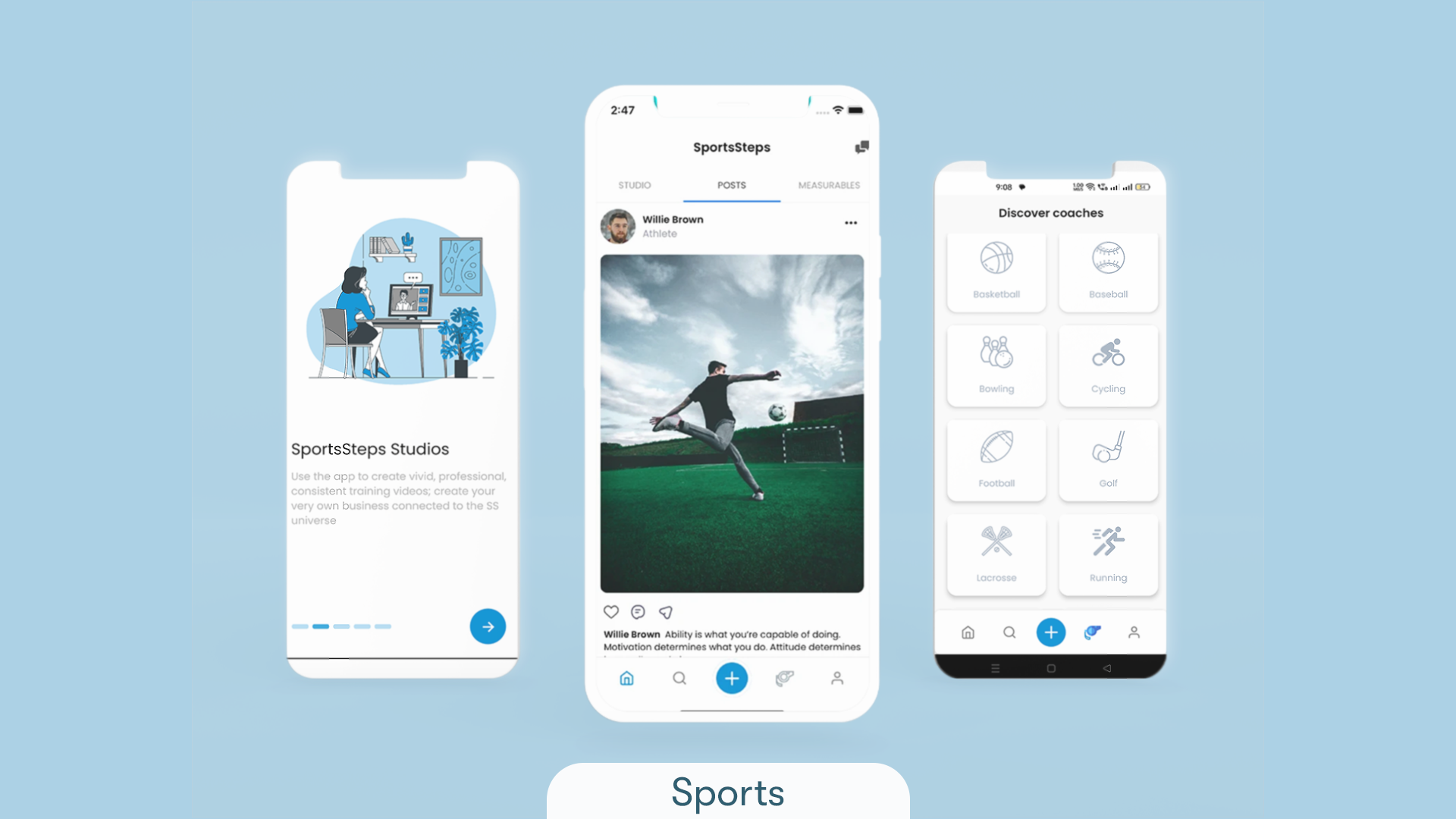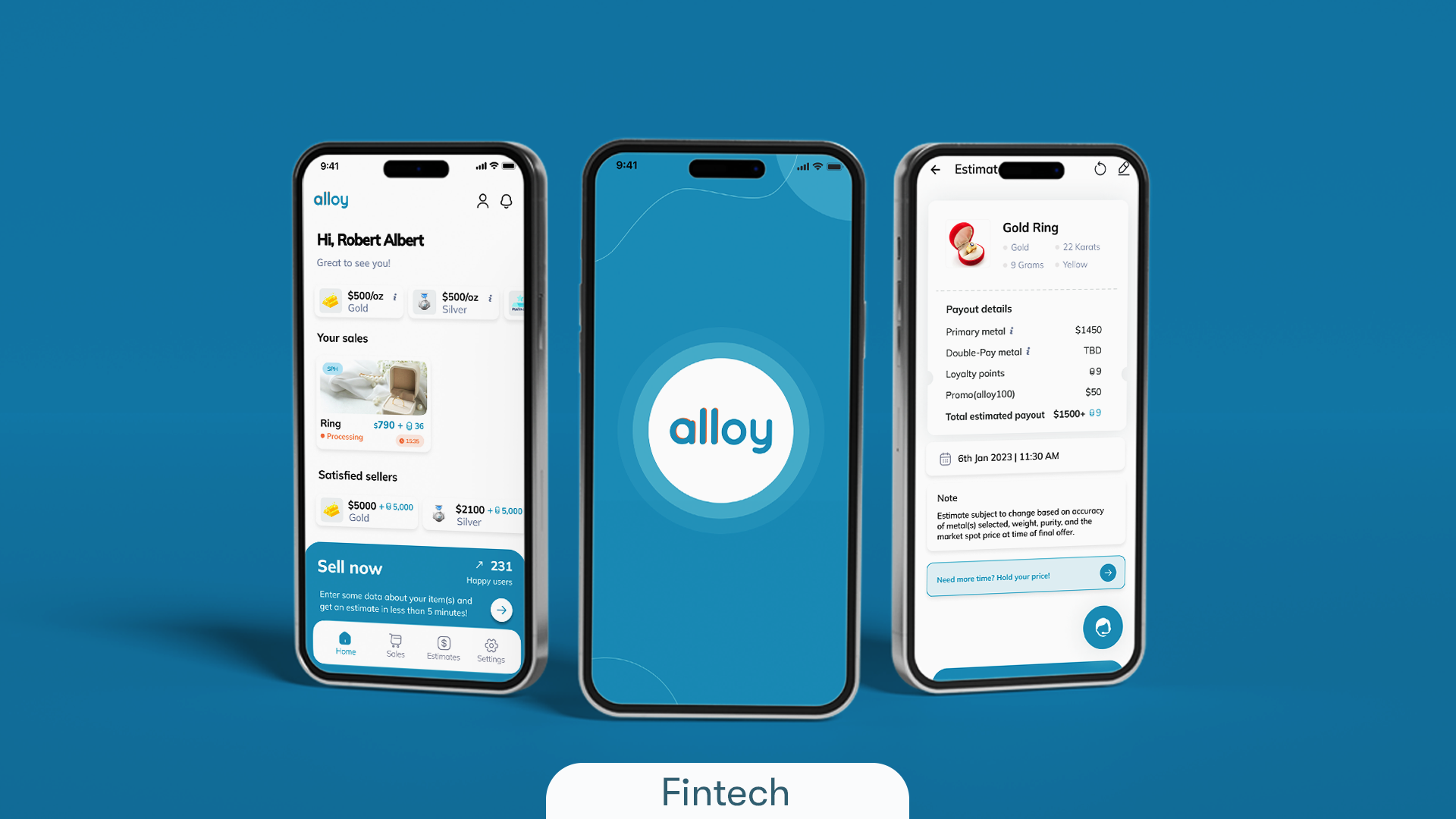March 18th, 2025 at 12:40 pm
The world of e-commerce is evolving rapidly, and mobile commerce (m-commerce) is leading this transformation. Gone are the days when customers primarily relied on desktops for online shopping. Today, smartphones drive over 70% of e-commerce traffic, and consumers prefer using mobile apps over websites because of their speed, convenience, and personalized experience. Businesses that have not yet invested in mobile app development are missing out on a huge opportunity to increase sales, engagement, and customer loyalty.
E-commerce giants like Amazon, eBay, and Walmart have set a high standard with their mobile applications, offering one-click checkout, personalized recommendations, push notifications, and seamless payment options. Consumers now expect the same level of convenience from all online stores, making mobile apps a must-have rather than a luxury. A well-designed mobile app enhances user experience, increases conversions, and provides security advantages that a website alone cannot offer.
In this article, we will explore the top reasons why mobile app development is now mandatory for e-commerce businesses, how it impacts customer engagement, security, and conversion rates, and what the future holds for mobile commerce.
1. The Shift from Desktop to Mobile Shopping

The Rise of Mobile Commerce (M-Commerce)
The way consumers shop has changed significantly over the past decade. Mobile devices have taken over desktops as the preferred shopping platform, thanks to their accessibility and ease of use. People no longer wait until they get home to place an order—they browse, compare, and purchase products on the go. Whether it’s during commutes, work breaks, or late-night browsing, mobile commerce enables customers to shop anytime, anywhere.
According to a Statista report, mobile commerce sales accounted for $3.56 trillion in 2021, and this figure is expected to reach $6.9 trillion by 2027. The reason for this explosive growth is simple—mobile apps provide an instant, streamlined shopping experience that mobile websites cannot match.
Consumer Behavior Trends Favoring Mobile Shopping
Consumers today demand speed, personalization, and effortless shopping experiences. They expect to find products quickly, receive tailored recommendations, and complete purchases with minimal steps. The average mobile website still struggles with slow load times, complicated navigation, and checkout friction, which leads to high bounce rates and abandoned carts. In contrast, mobile apps offer a frictionless experience, keeping users engaged and reducing the chances of losing potential buyers.
Another key shift in behavior is the rise of mobile payment options. With Apple Pay, Google Pay, PayPal, and Buy Now, Pay Later (BNPL) services like Klarna and Afterpay, consumers can now complete transactions in seconds. Apps allow for one-click checkout, eliminating the hassle of entering credit card details repeatedly.
Stat: By 2025, 73% of all e-commerce sales will be made via mobile devices, highlighting the urgent need for businesses to optimize for mobile commerce.
2. Mobile Apps Provide a Superior User Experience

Faster Loading Times and Intuitive Navigation
A seamless user experience (UX) is crucial for e-commerce success, and mobile apps outperform websites in this area. Unlike websites, mobile apps are pre-installed on the user’s device, which means they load instantly and provide a smooth, uninterrupted browsing experience. Mobile websites, on the other hand, rely on browser performance and internet speed, often leading to slow load times and frustrating experiences.
Research by Google shows that 53% of users abandon a website if it takes longer than 3 seconds to load. A well-designed mobile app eliminates this issue by optimizing performance, reducing latency, and offering offline browsing capabilities.
Another advantage of mobile apps is gesture-based navigation. Features like swiping, pinching, and tapping make interactions feel more natural and intuitive. Instead of struggling with dropdown menus and tiny buttons on a mobile website, users can easily browse products, zoom in on images, and complete purchases effortlessly through a well-structured app interface.
Personalized Shopping Experiences That Drive Sales
One of the biggest benefits of mobile apps is AI-driven personalization. E-commerce apps can track user behavior, preferences, and purchase history to offer highly relevant product recommendations. Personalization leads to higher engagement and increased sales, as customers are more likely to buy when they see products that align with their interests.
How AI Personalization Works in Mobile Apps:
✔️ Recommendation engines suggest products based on past purchases.
✔️ Geo-location targeting provides local deals and discounts.
✔️ Behavior-based push notifications remind users about abandoned carts or restocked items.
Stat: 80% of consumers are more likely to buy from brands that offer a personalized shopping experience.
3. Increased Customer Engagement and Brand Loyalty

Push Notifications: The Ultimate Engagement Tool
Unlike emails, which often go unread, push notifications have a 90% open rate, making them one of the most powerful engagement tools in e-commerce. Mobile apps allow businesses to send real-time notifications about:
✔️ Flash sales and limited-time discounts.
✔️ Restocked items based on user wishlists.
✔️ Personalized coupons for high-value customers.
A mobile app ensures that businesses stay connected with their customers, increasing retention rates and lifetime value.
Loyalty Programs That Encourage Repeat Purchases
Mobile apps provide a perfect platform for loyalty programs, where users can earn reward points, redeem exclusive discounts, and access VIP perks. These programs increase repeat purchases and long-term customer loyalty.
FAQs About Mobile App Development for E-Commerce
1. Why is mobile app development essential for e-commerce?
A mobile app enhances user experience, reduces checkout friction, increases engagement, and improves security, making it an essential tool for e-commerce success.
2. How do mobile apps improve conversion rates?
Mobile apps provide faster load times, personalized recommendations, and one-click checkout, leading to higher conversion rates compared to websites.
3. Are mobile apps more secure than websites for transactions?
Yes. Mobile apps offer biometric authentication (Face ID, fingerprint scanning), two-factor authentication (2FA), and AI-driven fraud detection, making transactions more secure.
4. What technologies are shaping the future of mobile e-commerce?
✔️ Artificial Intelligence (AI) for predictive recommendations.
✔️ Augmented Reality (AR) for interactive shopping experiences.
✔️ Voice commerce for hands-free shopping.
Mobile app development is no longer an option—it’s a necessity for e-commerce businesses. With faster performance, better personalization, increased engagement, and secure transactions, mobile apps provide unparalleled advantages over websites.
Ready to develop a game-changing e-commerce mobile app? Contact us today!












